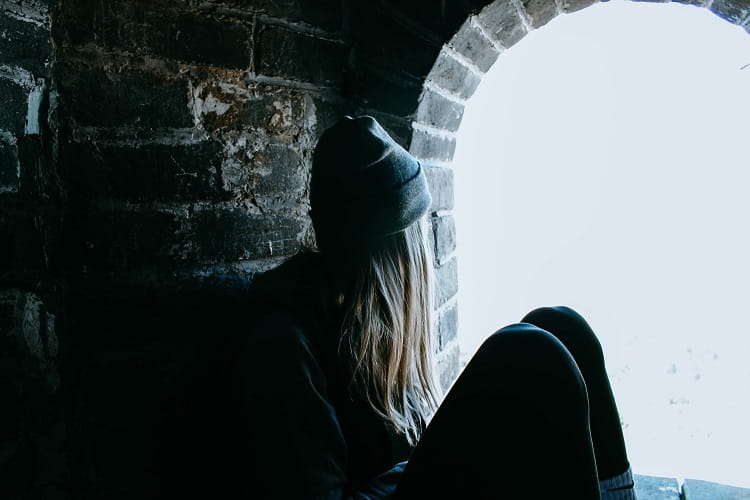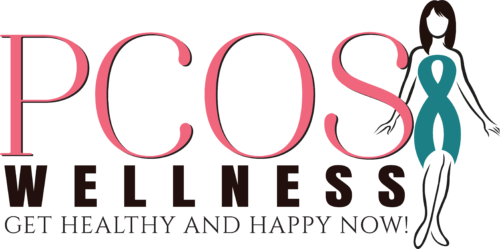
PCOS Depression and Body Image
We all know that women with PCOS have higher than average rates of depression and anxiety, but did you know that PCOS depression is often presumed to result from body image, not androgen imbalance?
While I will be among the first to admit that dealing with excess weight, hair in all the wrong places, thinning hair, acne, skin tags, and related PCOS concerns can be discouraging, it’s not necessarily the cause of PCOS-related depression.
And when doctors make that assumption, they tend to take PCOS-related depression less seriously. The most common prescription then becomes weight loss, which is hard for women with PCOS to achieve, which then results in decreased self-esteem. Referral to a therapist, or exploring medication options, would be a far better response.
Self- Esteem
Decreased self-esteem is a symptom of depression, so you can see how this becomes part of a self-perpetuating, yet inaccurate, cycle of attribution, misdirection, and failure. There’s a great book title that comes to mind when I’m thinking about this topic: It’s My Ovaries, Stupid! [Note: NOT an affiliate link.] by Elizabeth Lee Vliet. It’s not quite true either that it’s just about our ovaries (because you can have your ovaries removed and still have PCOS and depression), but it does point to the idea that assuming cause and effect may be quite wrong in PCOS.
In my clinical practice, I find that depression, low self-esteem, repeated “failures” to lose weight, doctors who shame and blame, medical trauma from incorrect diagnoses or too many procedures, and of course, the underlying metabolic imbalances, are more to blame for depression. Sometimes, family history, trauma, or other external circumstances may also be to blame. But it’s the hormones that set us up to have much greater rates of depression – 50%, according to some studies. I’ve seen other studies citing ranges from 34% to 67%, so probably 50% is about right. That’s a LOT of women suffering from:
- Lethargy/lack of motivation or drive
- Fatigue
- Sleep problems (too much or too little)
- Eating problems/weight gain
- Suicidal thoughts
- Depressed mood
- Feelings of worthlessness
PCOS Depression
Depression is debilitating. It’s not entirely clear why there’s such a strong link between PCOS, elevated androgens, and depression, but it’s clear that body image concerns are only part of the picture. The “cure” is multi-fold:
- See a therapist for proper assessment and diagnosis.
- Consider medication or supplements as appropriate.
- Work on improving sleep, diet, exercise, and stress management (our entire focus at PCOS Wellness).
- Do something every day to increase your social connections and support network. Joining my private Facebook group, PCOS Psychology, would be a great first step.
- Take thoughts of dying, hurting yourself, or wishing you were dead serious. Seek help by calling 9-1-1, going to your nearest emergency room, or contacting the National Suicide Prevention Lifeline. There are phone, text, and chat options available 24/7.
As you’re working on the serious underlying parts of PCOS-related depression, you can also work on body image by improving grooming and hygiene habits, exploring different styles or fits of clothing, or checking out the body positivity movement. But let’s put to bed the idea, once and for all, that body image is the cause of PCOS depression. It’s only one part of the picture – a picture that deserves both our respect and our attention.
Session expired
Please log in again. The login page will open in a new tab. After logging in you can close it and return to this page.
